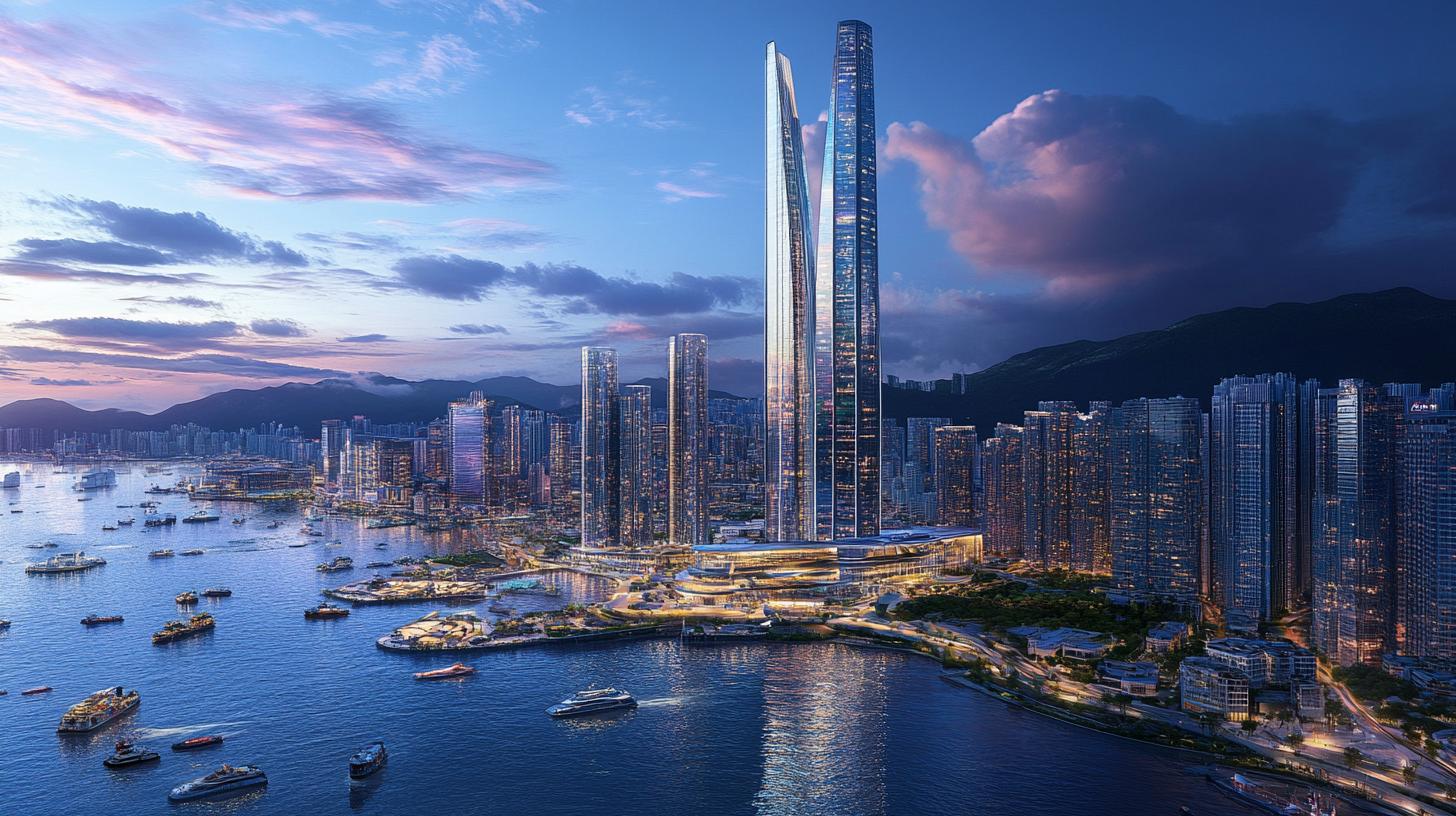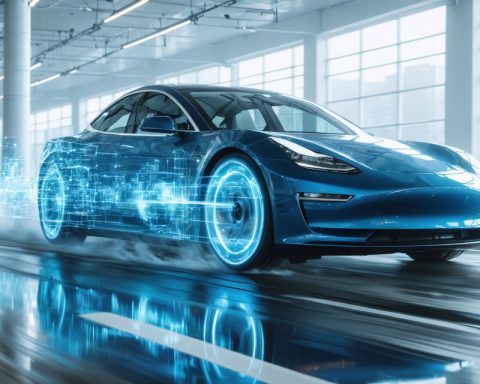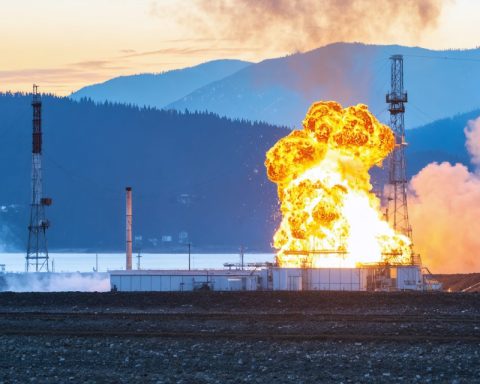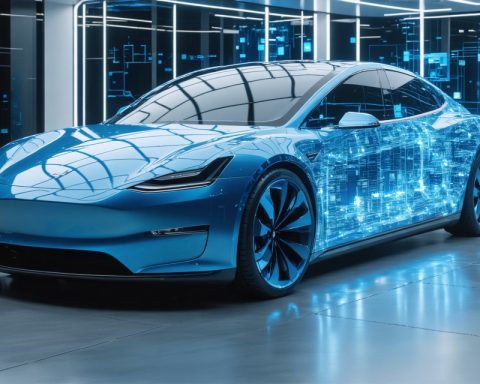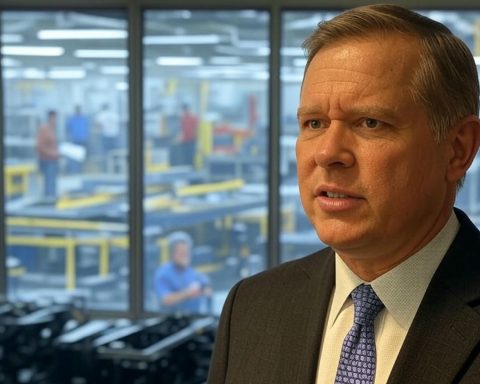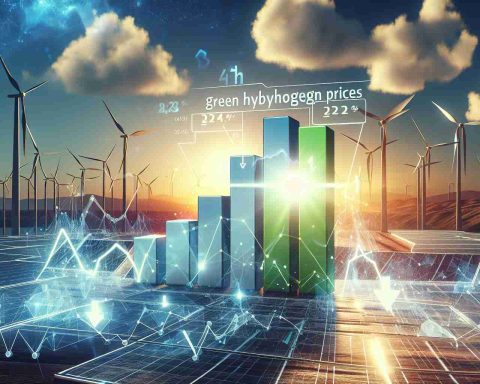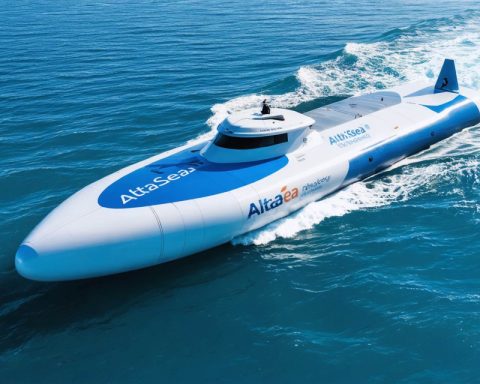In a bold step towards sustainable energy, Hong Kong positions itself as the first city worldwide to achieve full hydrogen status. Led by successful hydrogen trials that exceed initial benchmarks, the metropolis stands at the forefront of the hydrogen energy revolution, supported by robust collaborations between government and industry.
HK Electrics strategic leap into hydrogen energy
HK Electric leads the initiative with innovative strategies that integrate hydrogen into their energy generation portfolio. They are taking a pioneering role with advanced gas-fired generation units at Lamma Power Station, scheduled for commissioning in 2029 and specifically built for a future hydrogen transition. With the introduction of their latest power plant L12 in 2024, which boasts an impressive efficiency of over 58%, this shift marks a significant leap away from coal and brings the city closer to its decarbonisation goals.
In collaboration with Mitsubishi, HK Electric is driving technological innovations at the Takasago Hydrogen Park in Japan, enhancing the global hydrogen value chain. These advancements position Hong Kong at the forefront of the energy transition.
Government-supported hydrogen trials: A citywide experiment
Significant government support has spurred several hydrogen trial projects across Hong Kong, with nine initiatives approved by March 2024. From power generation to charging stations for electric vehicles, these trials are paving the way in various economic sectors. Towngas, one of the key pioneering companies, exemplifies the collective drive towards massive hydrogen integration, with projects underway in partnership with major construction and sports sectors.
Shaping a hydrogen-powered future
Early hydrogen trials show promising efficiency and cleanliness, exceeding expectations and indicating profound urban and transport potential. By 2035, as the era of fossil fuels wanes, Hong Kong anticipates significant decarbonisation gains.
As global cities watch closely, Hong Kong could potentially draft the blueprint for a hydrogen-powered future. Its progressive approach offers a roadmap for global urban centres striving to combat climate change with decisive, sustainable energy solutions.
The unforeseen impacts of the hydrogen revolution in Hong Kong on global communities
In the race to adopt sustainable energy solutions, Hong Kong’s groundbreaking shift to hydrogen power is drawing significant attention. While the city’s ambitions are well documented, the impacts of this initiative extend far beyond its borders, presenting both opportunities and controversies with global implications.
New economic horizons open
As Hong Kong moves towards a hydrogen-powered future, this shift promises to influence economies worldwide. The demand for hydrogen production technology and expertise could lead to a surge in international trade partnerships. Countries that were previously reliant on oil exports may turn to hydrogen as a lucrative alternative, potentially reshaping global economic dynamics. Established energy companies may shift their focus to hydrogen, driving innovation and job creation in new sectors.
A double-edged sword for developing countries
Hong Kong’s example highlights a crucial consideration: Will developing countries be able to afford and access this advanced technology? The costs associated with transitioning to hydrogen, including infrastructure and research, could widen the gap between wealthy and less economically developed nations. This inequality raises ethical questions. Should wealthier countries take responsibility for transferring hydrogen technology to their counterparts? How do we ensure that progress in the fight against climate change is equitably distributed?
The environmental controversies surrounding hydrogen
While hydrogen is touted as a clean energy source, the production processes vary in their environmental impact. “Green hydrogen,” produced from renewable energy, is far more preferred. However, “blue” or “grey” hydrogen, derived from fossil fuels with varying degrees of carbon capture, could undermine decarbonisation efforts. The debate over which production methods align with true sustainability remains intense.
How will this transition impact global transport systems?
Hydrogen technology pertains not only to energy generation but also revolutionises transport. With hydrogen fuel cells offering greater range and quicker refuelling than conventional electric vehicles, what does this mean for the automotive and public transport sectors? Will cities worldwide adopt hydrogen trains or buses, and how soon can we expect a shift in consumer vehicle preferences?
The social dimension: Public acceptance and lifestyle changes
Public perception of hydrogen technology will play a crucial role in its acceptance. Will communities embrace hydrogen as they have electric vehicles, or will safety and practical concerns slow its acceptance? Education and transparency about the benefits and risks of hydrogen are critical to overcoming societal reservations.
The urban plan for the future
As Hong Kong leads this ambitious transformation, urban planners worldwide should consider how hydrogen technology can be integrated into existing infrastructures. How can cities retrofit their transport and energy systems to accommodate hydrogen fuel? Will historic city centres adapt to new energy demands, or will new smart cities emerge as hydrogen hubs?
Hong Kong’s embrace of hydrogen power is not just a local story – it is a narrative with global implications, aiming to redefine energy landscapes across multiple sectors. As we observe this transition unfold, global communities have the opportunity to learn from Hong Kong’s strategies and challenges and develop their own responses to an ever-evolving energy landscape.
For more information on sustainable energy innovations and developments, visit World Energy Council.
